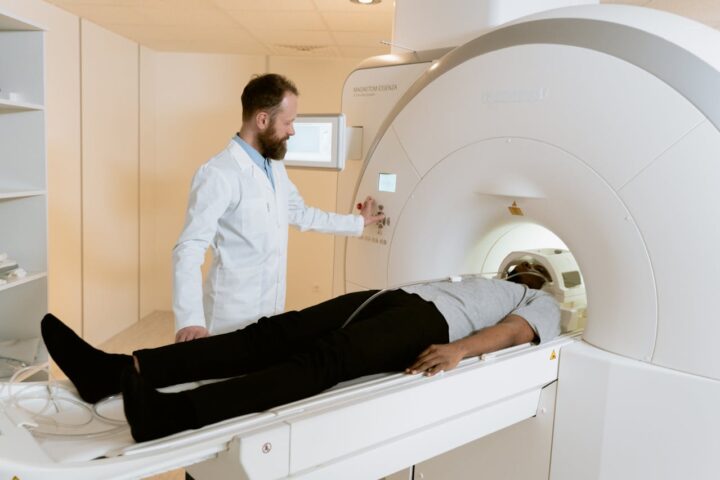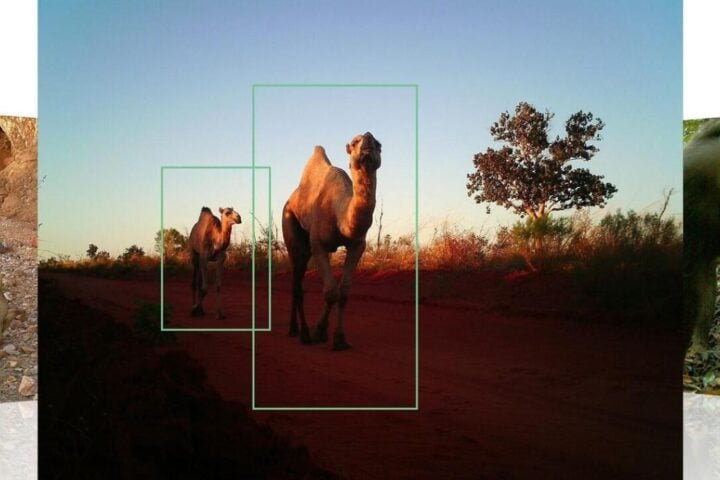The quick adoption of AI and monitoring tools in jobs has sparked worries about their effect on workers’ mental health. A survey by the APA found that employees concerned about AI often feel undervalued and mentally strained. Nearly 38% of workers fear that AI could render some or all of their job duties obsolete. A significant correlation was found between AI-related worries and workplace stress, with 64% of those concerned about AI frequently feeling tense or stressed.
The survey revealed a disparity in AI-related concerns based on education and ethnicity. Workers with only a high school education expressed more anxiety about AI replacing their roles than those with a college degree. Ethnic minorities, including Black (50%), Hispanic (46%), and Asian (44%) workers, showed heightened concern compared to 34% of white respondents. Arthur C. Evans Jr., APA’s CEO, emphasized the importance of employers educating their workforce about AI’s role and facilitating open communication to alleviate anxieties.
Beyond AI, the survey highlighted concerns about workplace surveillance, with 51% of workers aware of their employers using technology to monitor their activities. Surveillance at work correlates with poor morale, with many monitored employees feeling uncomfortable about being tracked. The U.S. Surgeon General underscores the importance of employees feeling valued and appreciated in the workplace for overall well-being. Evans pointed out that employees need to feel their work has a meaningful impact, and constant surveillance or the threat of AI replacement can undermine this sentiment.
The APA’s 2023 Work in America Survey reaffirmed that psychological well-being remains a top priority for workers. A staggering 92% of workers believe it’s crucial to be part of an organization that values their emotional and psychological health. Additionally, 95% of respondents emphasized the importance of feeling respected at work and maintaining a clear boundary between work and personal time. While many workers expressed satisfaction with their employers’ mental health support, there’s a consensus that more can be done.
Similar Posts
A concerning 55% of workers feel their employers overestimate the mental healthiness of their workplace environment. 77% of people surveyed faced work stress recently, and 57% showed signs of burnout like feeling drained and losing motivation. The survey data suggests that many employees aren’t getting the necessary breaks from stress. Only 35% of workers reported that their employers encourage taking breaks, and just 29% said their managers promote mental health care.
The lack of mental health support in workplaces could have repercussions on talent retention. 57% of those unhappy with their job’s mental health support are thinking of changing jobs within a year. Surgeon General’s Framework for Workplace Mental Health and Well-Being outlines five essentials for promoting workplace mental health. These essentials include protection from harm, fostering a sense of community, ensuring work-life balance, making employees feel valued, and providing growth opportunities.
Alarmingly, almost one in five respondents labeled their workplace as toxic. The prevalence of toxic workplaces varies by industry, with customer service roles reporting higher toxicity levels than office jobs Workers in harmful settings often feel their mental health suffers and blame their job for it. Factors like gender and disability can also affect how people view workplace negativity. Verbal abuse remains a significant concern, especially for those in customer service roles.
Discrimination continues to plague workplaces, with 22% of respondents witnessing it and 15% experiencing it firsthand. The Surgeon General’s framework emphasizes protecting employees from discriminatory practices, yet many still witness or experience discrimination. The survey’s findings underscore the urgent need for employers to prioritize mental health and create supportive, inclusive environments.
As AI and monitoring technologies become more prevalent, transparent communication and education will be crucial in addressing employees’ concerns. Employers must strike a balance between leveraging technology for efficiency and ensuring the well-being of their workforce. The future of work hinges on creating psychologically healthy workplaces where employees feel valued, respected, and free from undue stress.
As AI continues to reshape the job landscape, employers and policymakers must be proactive in addressing the associated challenges. The integration of AI and monitoring tools should be approached with caution, always considering the human element The results urge organizations to prioritize mental health and promote a supportive culture. As technology advances, employers should make sure it improves the work environment, not worsens it. The APA’s survey is a testament to the changing dynamics of work in America and the pressing need to prioritize mental well-being. In the age of AI and digital surveillance, the human touch remains irreplaceable, and employers must remember that their greatest asset is their people.


















